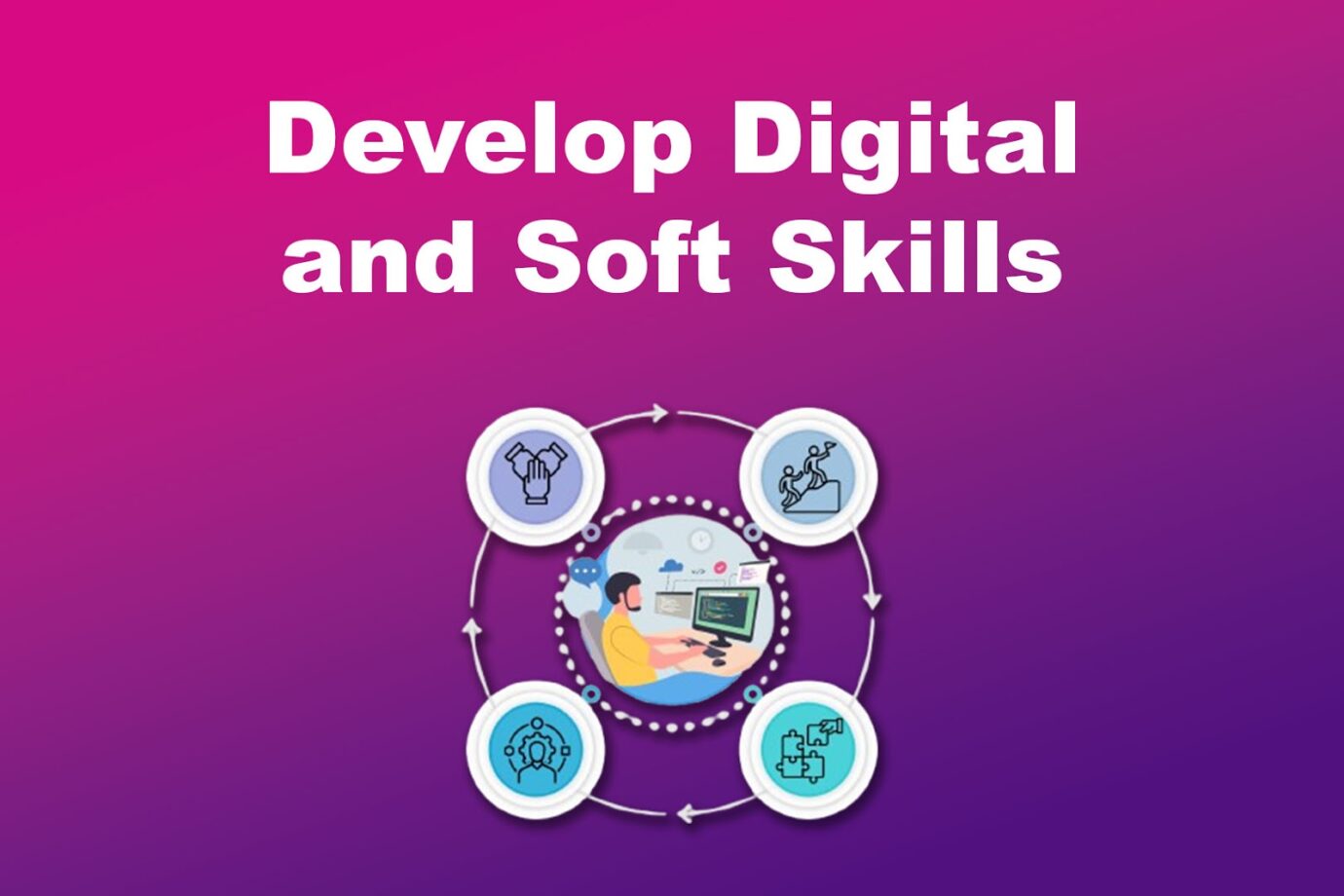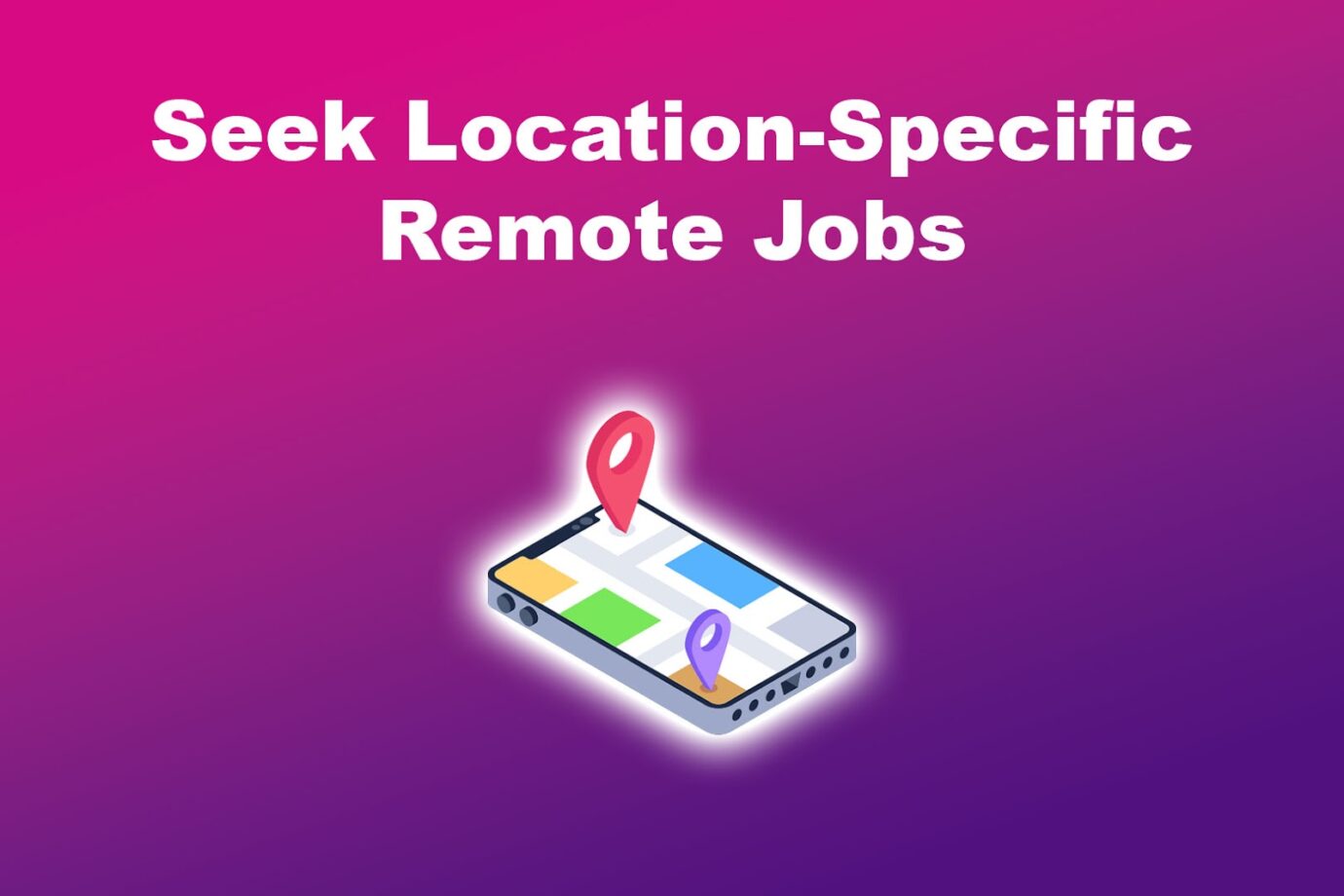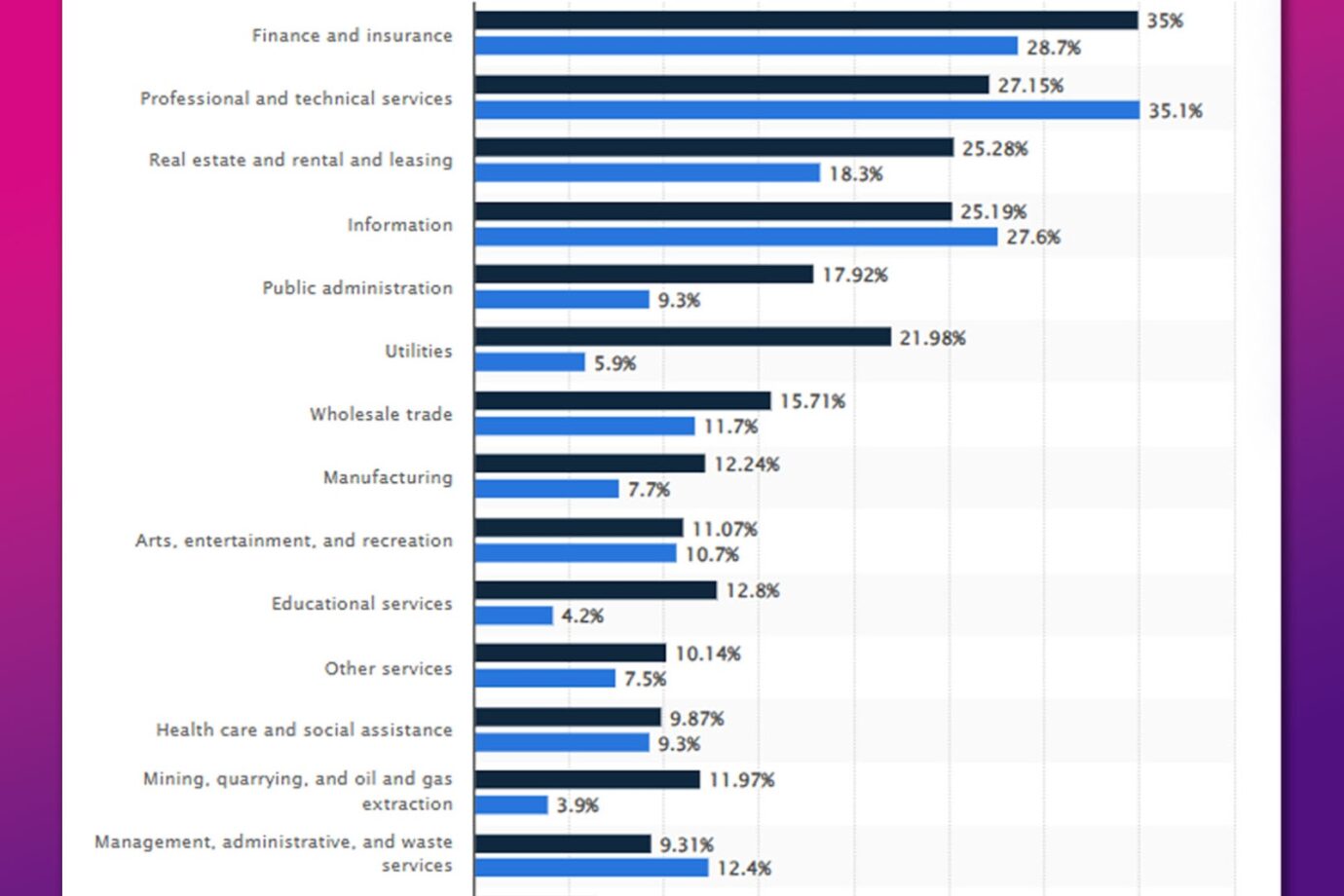There is no way to hide the undeniable truth: getting a remote job is becoming increasingly difficult. Although the COVID-19 pandemic brought remote work into the spotlight for some years, Forbes confirms that remote job offers are decreasing by 23%.
On the contrary, the number of remote job applications doubles the number of on-site job applicants. So, with the offer decreasing and the demand increasing, how hard is it to get a remote job now?

This article explores the reality of finding remote work in today’s competitive job market, delving into the challenges and sharing valuable tips for landing a remote job.
Finding it hard to get hired? Check this list of 11 easy-to-get remote jobs.
Why Is It So Hard to Get a Remote Job?
Understanding the reasons behind the challenges of getting a remote job will help you navigate the application process more effectively to get the job you desire.
Here are three key reasons why it is hard to get a remote job:
Very High Competition
When the Covid pandemic hit, many people were forced to work remotely for the first time. That experience made many people realize that they liked working from home. So, after the pandemic, many people decided to change their in-office jobs to remote jobs.
Now, there is a glut of people wanting to work remotely. LinkedIn data confirms that almost 46% of job applications in the US went to remote jobs by the beginning of 2024. As companies assess applications, they are often overwhelmed by the volume, making it challenging for candidates to stand out.
Industries Embracing Hybrid or In-Office Models
Although remote work is still popular, a LinkedIn study shows that remote job offers are becoming less common than hybrid jobs (remote + on-site jobs). There has been a 23% drop in remote job postings from the last year.
It is clear that companies recalibrated after the pandemic: some have scaled back remote work options in favor of hybrid or on-site models. This has led to fewer remote-only opportunities in specific sectors, making the pool of actual remote roles smaller and even more competitive.
Check this comparison between Hybrid and Remote Work.
This mismatch between high demand and limited availability creates a highly competitive landscape, making it harder to get a remote job.
Preference for Experienced Remote Workers
How hard it is to get a remote job also depends on your experience. Many companies prefer to hire candidates with a proven track record of remote work success.
Employers often look for candidates who understand the dynamics of virtual communication, remote collaboration, and project management tools in virtual teams.
As there are many candidates for each remote job position, employers tend to opt for workers with remote work experience, making it hard to get a remote job if you are new in the field.
7 Tips for Getting Hired for a Remote Job
Despite the challenges, there are effective strategies to increase your chances of getting a remote job in 2024. If you are wondering why you can’t find a remote job?, these tips may help you understand why.
Here are some tips for standing out in the remote job market and getting hired:
1. Develop Digital and Soft Skills

Skills like digital communication, project management, and proficiency with virtual team collaboration tools are crucial for remote roles. When working at home, you will need remote tools to communicate with the rest of the team, so familiarizing yourself with them is an investment.
Soft skills, such as adaptability, emotional intelligence, and proactive communication, are equally important. Many applicants underestimate these skills.
However, they are essential for employers when selecting candidates. To develop these skills further, consider taking online courses or professional certifications.
2. Explore Part-Time Remote Work for Getting Experience
Having remote work experience will make you stand out from other candidates. But how can you get experience if getting hired for a remote job is so hard? The solution can be temporarily pursuing a freelance, part-time remote job.
Taking on freelance projects through platforms like Upwork and Fiverr can help you gain practical experience that enhances your resume and makes you more attractive to potential employers. With this experience, it will be easier to transition to full-time remote positions.
3. Apply Quickly to Unlock More Opportunities
Speed is essential to standing out in today’s competitive remote job market. Recruiters often receive hundreds of applications within hours, quickly reaching their limit. As a result, only the first 100 to 150 applicants are usually thoroughly reviewed, giving early submissions a significant advantage.
It is also essential the moment of the day you apply for the job. Check more information in this article from LinkedIn.
Submitting your application promptly can increase your chances of being noticed. Recruiters typically find qualified candidates in the initial batch, making later submissions unlikely to be considered.
Applying fast can ensure your resume is among those seen first, improving your odds in the crowded remote job landscape.
4. Seek Location-Specific Remote Jobs

Applying for remote jobs with location-specific requirements can give you a competitive edge. Many applicants prefer fully location-independent roles, so fewer candidates apply when a job limits them to a specific region. This reduces competition and increases your chances of landing the position.
Check the best cities for remote workers.
These roles also offer the flexibility of remote work while allowing employers to focus on local talent for easier collaboration. Being in the required area means you meet a crucial criterion from the start, making you a more robust fit and often bringing you closer to the top of the candidate pool.
5. Search in Remote-Specific Platforms
It will be harder to get a job if you are looking for remote jobs on common job platforms. Instead, use platforms like We Work Remotely, Remote.co, and FlexJobs to find remote job listings.
These job boards specialize in remote positions, offering a range of opportunities across different industries and experience levels. They will save you time and help you target your search.
Additionally, remote-specific platforms often provide valuable resources for remote job seekers. From application tips to interview prep, these sites help candidates navigate the unique remote hiring process.
6. Tailor Your CV to Remote Jobs
If you want to stand out, you cannot apply for a remote job with the same CV you use for on-site jobs. Highlight valuable skills in a remote setting, such as time management, communication, self-motivation, and technical proficiency with virtual team collaboration tools (e.g., Slack, Zoom, Asana).
Ensure your LinkedIn profile and other professional social media accounts are current and reflect your interest in remote work. A solid online presence can make you more discoverable to recruiters looking for remote talent.
Mention any prior remote work experience or relevant projects demonstrating your ability to work independently.
7. Target the Right Industry for Remote Jobs
To increase your chances of landing a remote job, focus on industries with a high demand for remote workers. Sectors like technology, finance, and customer support often offer more remote options, making them ideal fields to target.
Applying to jobs in these industries can provide a more extensive selection of remote roles suited to your skills.

Statista has made a study that shows the share of workers in the United States who worked remotely in 2024 by industry.
By concentrating your search in these fields, you can align with sectors that are already well-versed in remote collaboration. This strategy can help you find better opportunities and streamline your remote job search.
8. Stay Open to Hybrid Job Opportunities
While fully remote jobs are in high demand, many companies are also adopting hybrid models that combine both in-office and remote work. Being open to hybrid opportunities allows you to access a broader range of positions and increases your chances of finding a suitable role.
Moreover, a hybrid model can offer a unique blend of flexibility and structure, allowing you to enjoy the benefits of remote work while still fostering connections with colleagues.
Many employers value candidates who are adaptable and willing to embrace different work environments. By considering both fully remote and hybrid options, you position yourself as a versatile candidate, making it easier to land a job that meets your needs.
Getting a Remote Job Is Still Possible
While getting a remote job in 2024 presents significant challenges, understanding these obstacles can empower you to navigate the competitive landscape more effectively.
Adopting strategic approaches is crucial, as there has been a notable decrease in remote job postings while the demand is still very high.
You can improve your chances of success by developing essential soft and digital skills, gaining experience through part-time or freelance work, or focusing your search on industries that prioritize remote work.
While the remote job market may be challenging, persistence and a proactive approach can lead to rewarding opportunities in this evolving work environment. With the right strategies, you can turn the odds in your favor and find a remote job that fits your career aspirations.